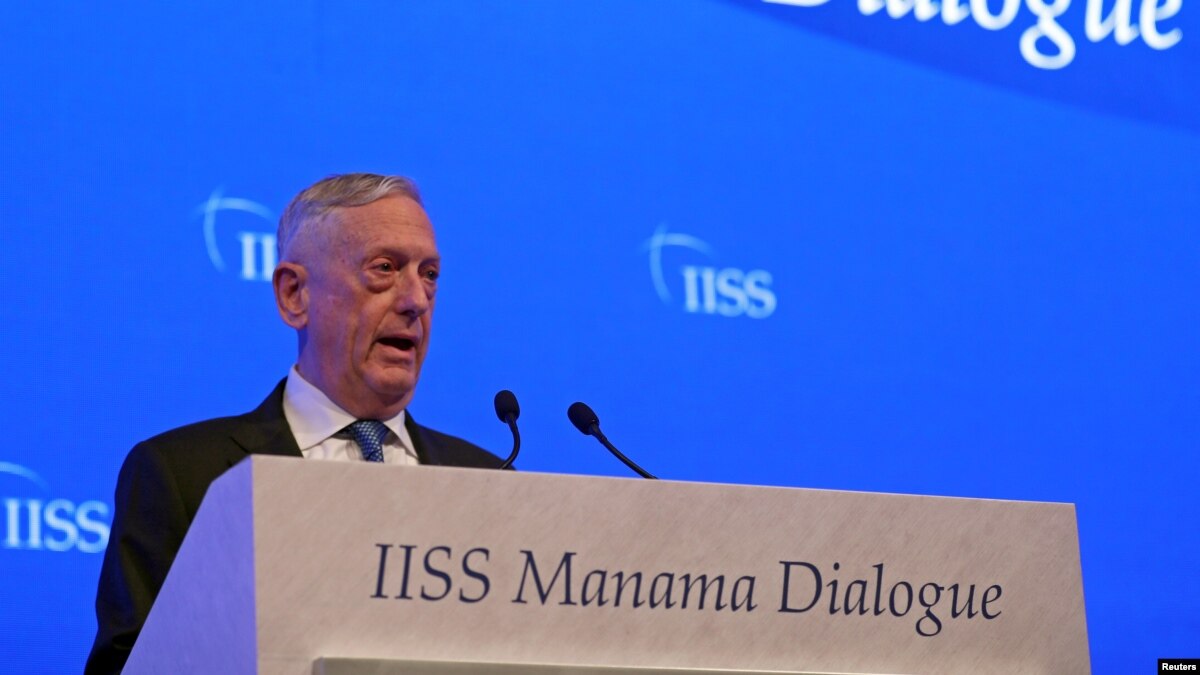
U.S. Secretary of Defense Jim Mattis called Tuesday for a ceasefire in Yemen and for parties to come to the negotiating table within the next 30 days.
The Pentagon chief said the U.S. had been watching the conflict "for long enough" and said he believes Saudi Arabia and the United Arab Emirates, who are in a US-backed coalition fighting Shiite Houthi rebels, are ready for talks.
"We have got to move toward a peace effort here, and we can't say we are going to do it some time in the future," Mattis said at the U.S. Institute of Peace in Washington.
"We need to be doing this in the next 30 days."
He said the U.S. is calling for all warring parties to meet with United Nations special envoy Martin Griffiths in Sweden in November and "come to a solution."
Saudi Arabia and its allies intervened in the conflict between embattled Yemeni President Abedrabbo Mansour Hadi, whose government is recognized by the United Nations, and the Houthis in 2015.
Nearly 10,000 people have since been killed and the country now stands at the brink of famine.
The United States has faced fierce international criticism for its role in supporting the Saudi-led coalition, especially after a series of strikes killed scores of civilians.
Mattis said U.S. support is based primarily on teaching the Saudi air force to improve targeting and to not drop bombs when there is any doubt about what they might hit.
"Our goal right now is to achieve a level of capability by those forces fighting against the Houthis that they are not killing innocent people," he said.
"The longer term solution, and by longer term I mean 30 days from now, we want to see everybody around a peace table based on a ceasefire, based on a pull back (of Houthis) from the border and then based on a ceasing dropping of bombs that will permit the special envoy Martin Griffiths... to get them together in Sweden and end this war. That is the only way we are going to really solve this."
Last month, U.N.-led peace talks failed to take off after Houthi rebels refused to fly to Geneva over what they said was the U.N.'s failure to guarantee a safe return to the capital Sanaa, which the group has controlled since 2014.
No comments:
Post a Comment